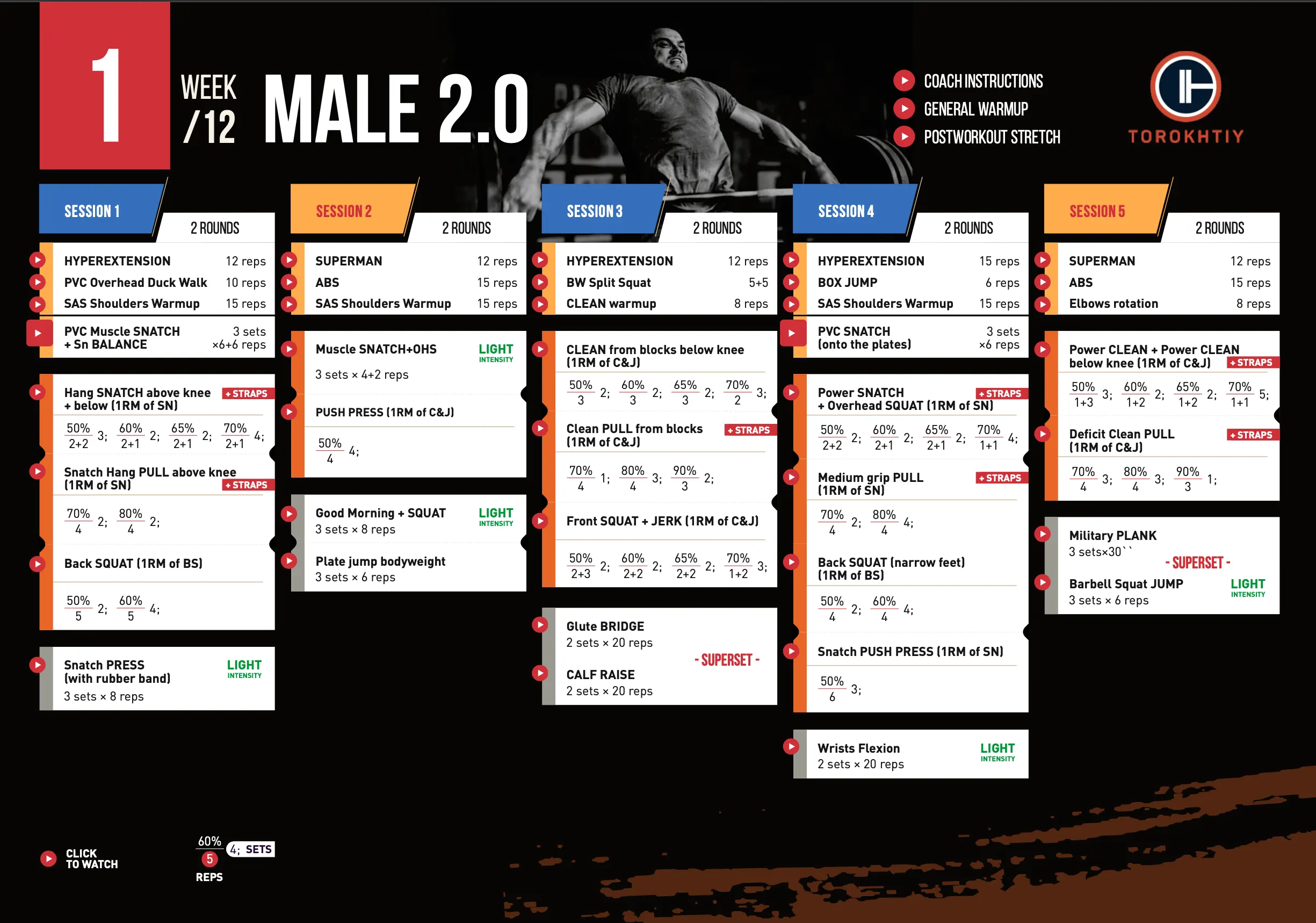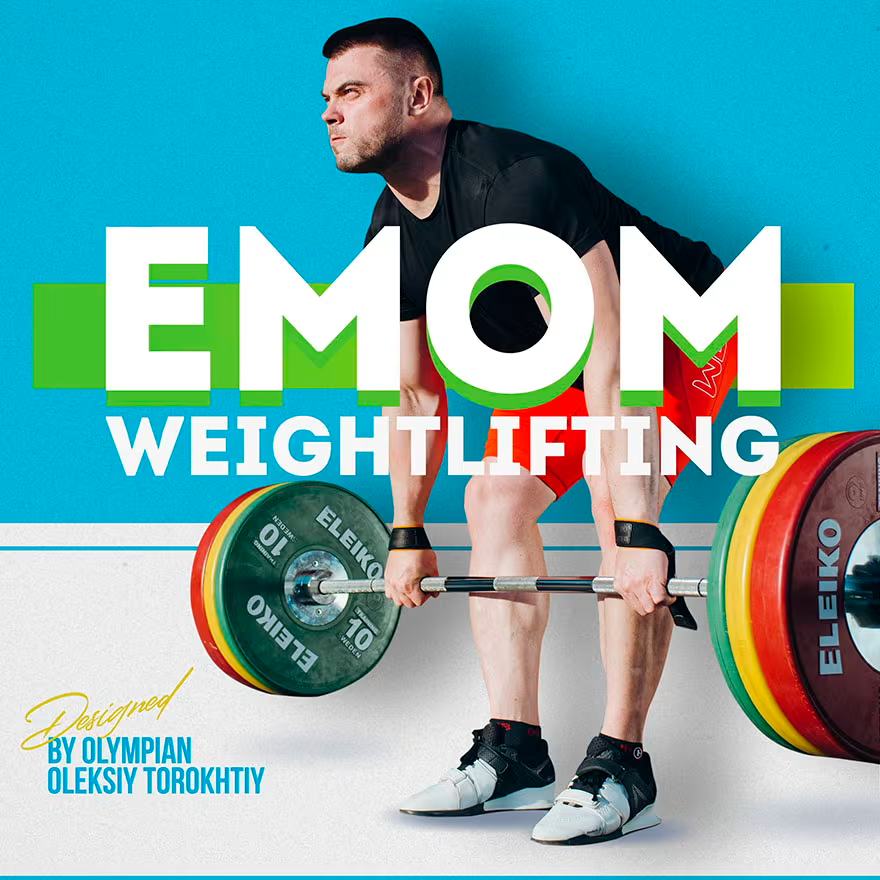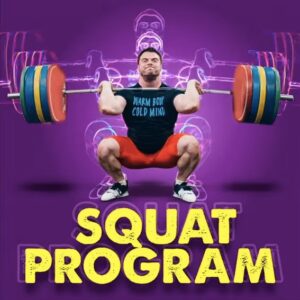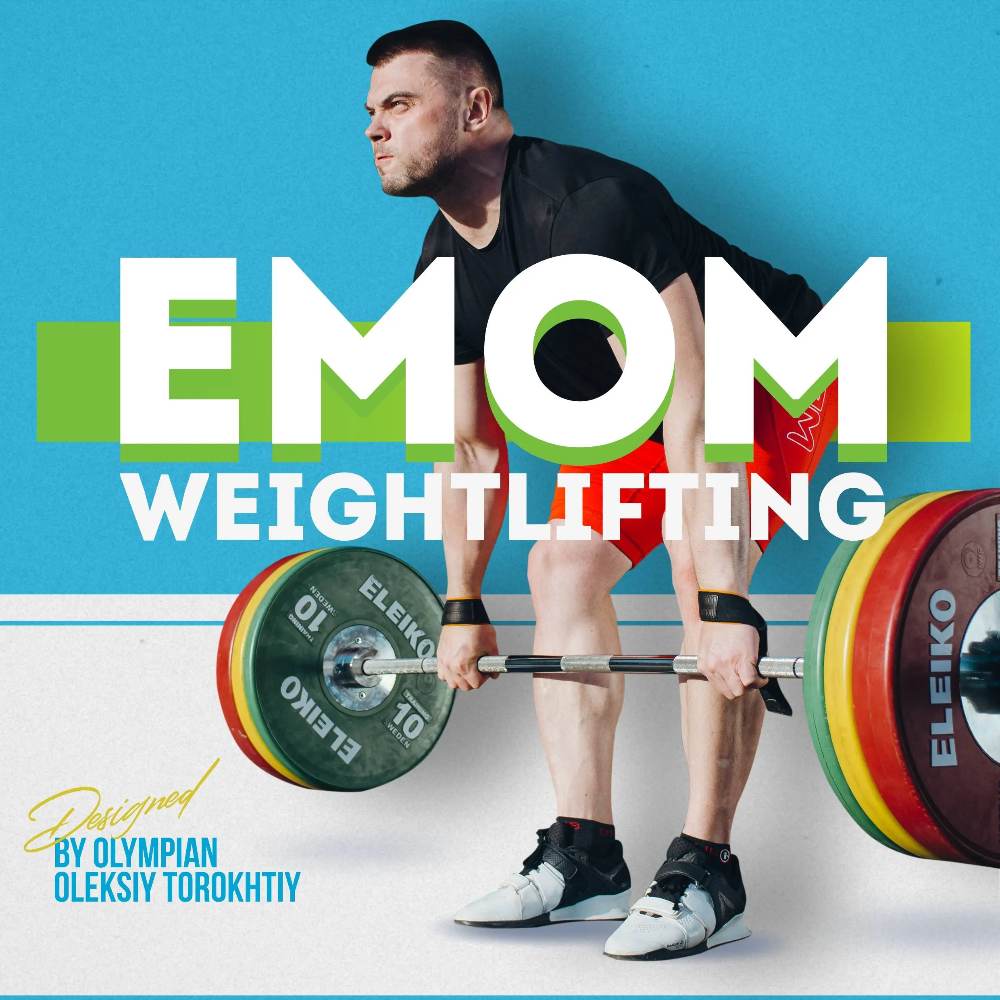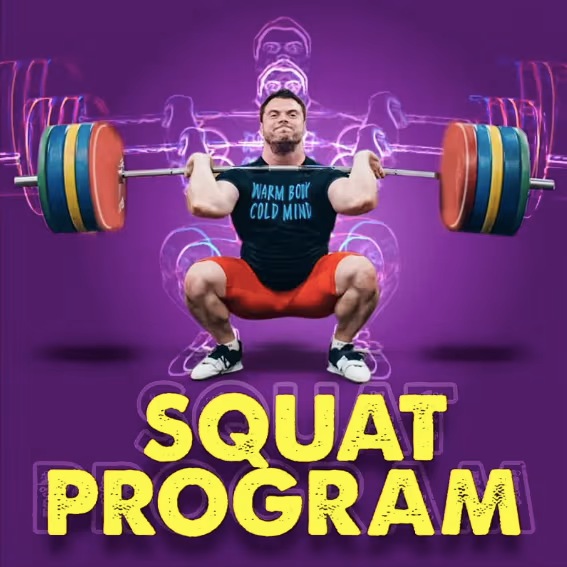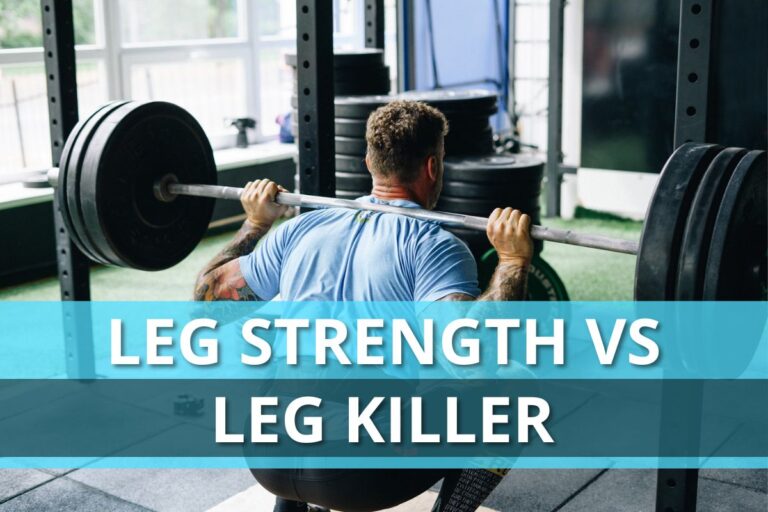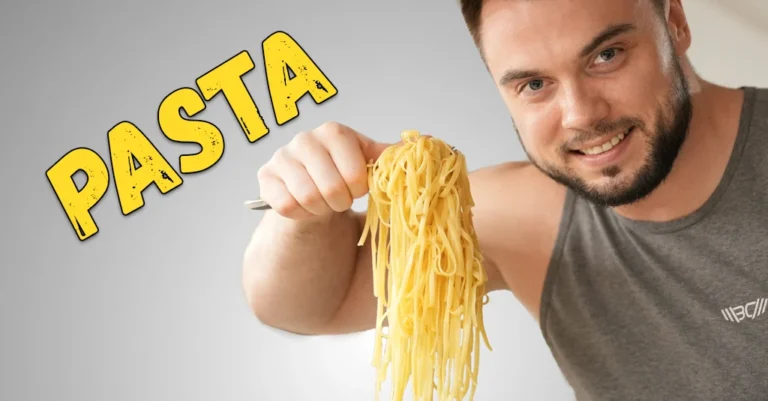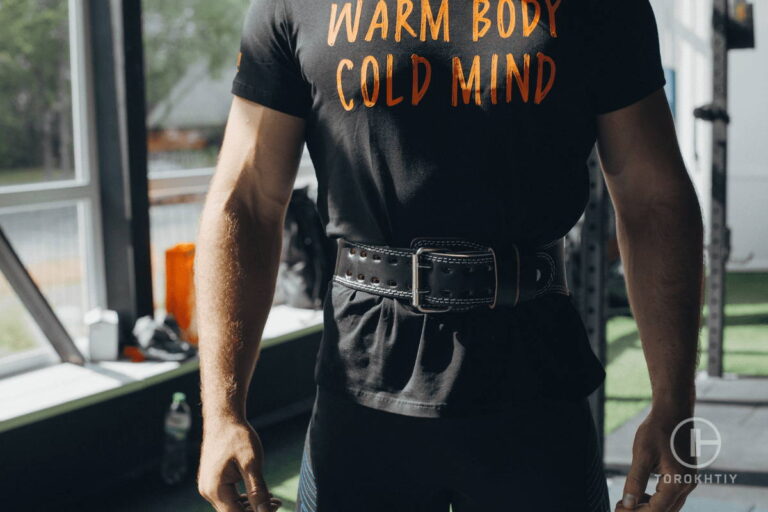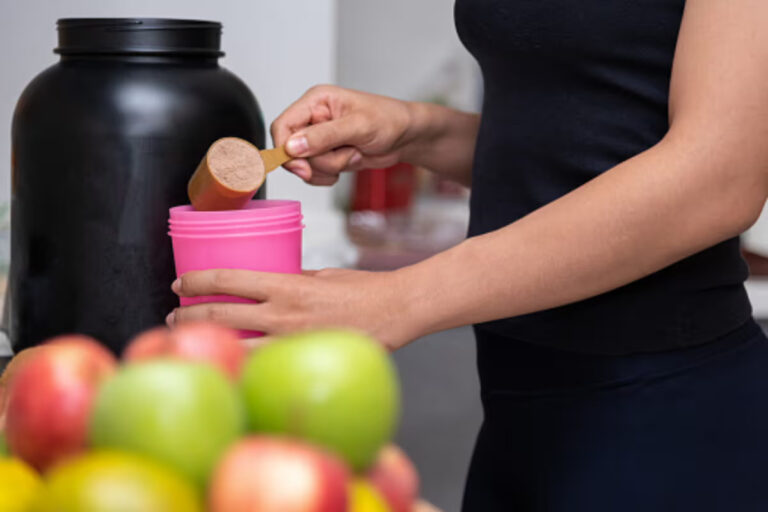Interview With Eduard Andrushkevich
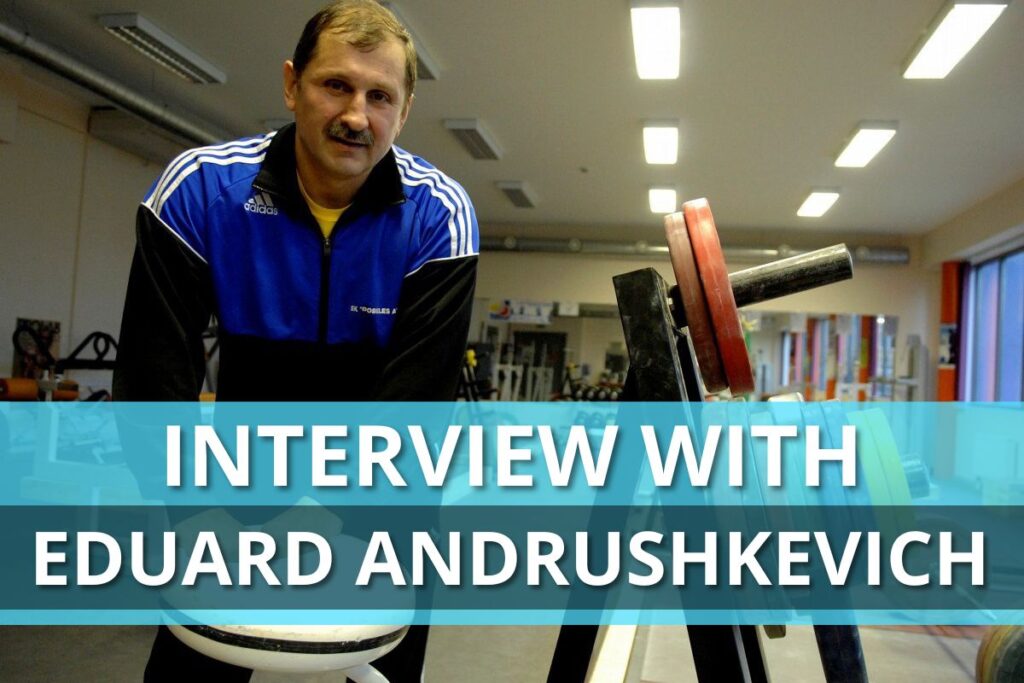
Congratulation to my Latvian friend Ritvars Suharevs with his second winning of Junior World Weightlifting Championship. Today we have an interview with his coach Eduards Andruskevics.
– How and why did you become a trainer and how long have you been in Weightlifting?
– I became a trainer a long time ago after finishing my own career in sports which was around 1985-1986 – these were the years when I moved from active sports into training work. I started in a small town in Latvia called Dobele, where I worked with Viktors Scerbatihs, a promising weightlifter. That was how my work with him started and we had a really nice journey together. I can talk a lot about this period of life, so we may say I´ve been a trainer for more than 30 years. We faced really hard times when training activity was not accepted well by the Government and not only.
– And why did you decide to become a trainer?
– Perhaps, I didn’t do what I expected regarding my own career in sports. I wanted more and expected more, I guess. Therefore, I decided to achieve with my athletes those high results I wasn’t able to reach by myself. I personally came into sports at an advanced age – I was 16 years old or so, that’s why I had no chance of developing my abilities to the full. Different life circumstances gave me no chance but to work and to study, which prevented me from showing myself in sports. I’ve had this ability of detecting promising athletes and noticing when they were capable of certain progress.
– Was Viktors Scerbatihs your first Olympic champion or you had other same level athletes?
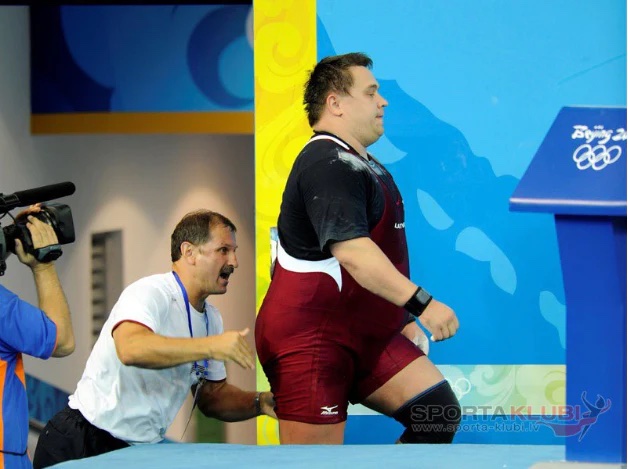
– Viktors Scerbatihs was the first one as he started training with me at the age of 11, meaning – from the very beginning. Of course, he faced many obstacles and certain things didn’t come easily to him, but what I always liked about him was his persistence. He always kept trying, with my help, of course. Besides, I really appreciated the fact how responsible and organized he was at the competitions. We worked together from his first Olympic Games in 1996 till his last Olympic Games in 2008. In 2012 he was still okay, but, unfortunately, he faced a very hard life situation – he lost his mom, so we could not get ready for competitions.
– Tell us what skills are important in trainer’s work.
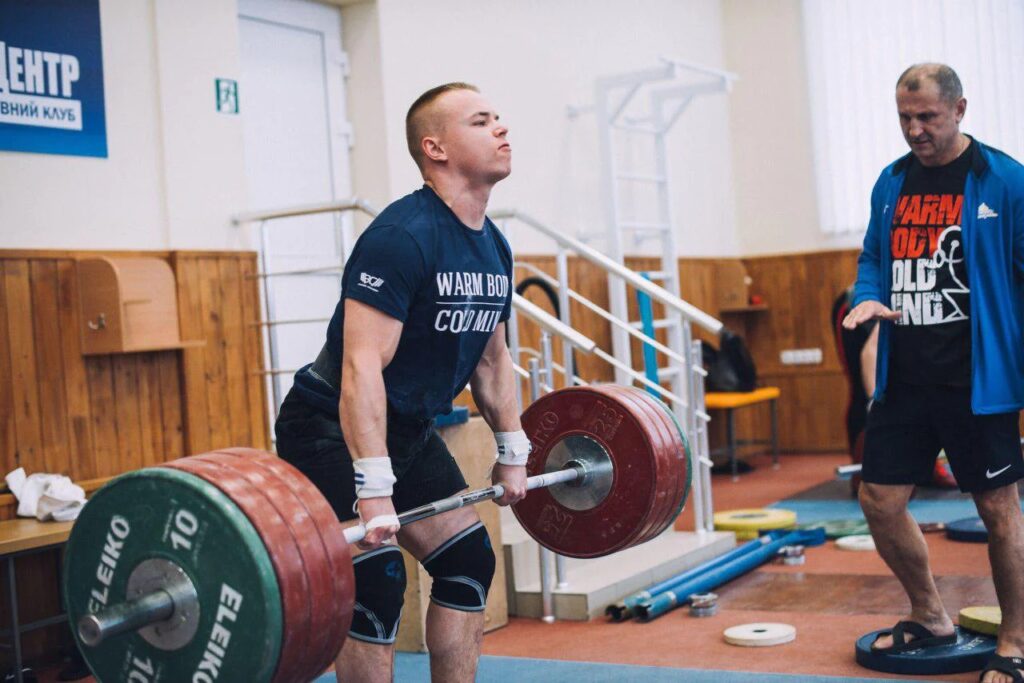
– Trainer needs to be resilient, goal-oriented, visionary. There are trainers that simply follow certain patterns and, in my opinion, trainer´s work requires a bit more than that – a trainer is supposed to be visionary. And, of course, the main trainer´s quality is to be able to train athletes and get them ready for competitions in the best way possible, performing the basic trainings and not only, being able to live the athlete’s life and even destiny. A trainer must be able to see the athlete’s future, otherwise – things may get complicated.
– Many world famous athletes have worked with you since childhood. What are the peculiarities of working with newcomers and how has the process changed with time?
– Obviously, it is much better to start working with an athlete from the very beginning so that there is no need to change anything in the routine an athlete had already got accustomed to previously. When an athlete is older, he comes with certain background and it may be 3 or even 10 times harder to change it than to create it from the start. There are many trainers, each of them has own opinions, so it’s much easier to build a brand new ground for athletes than change the existing one. I’m not judging, but there are such trainers that train in a wrong way. It is essential to start working with an athlete from the very beginning, step by step, improving the technique as it is the most important thing in the athlete’s career. A good technique maintains an athlete in the competitive period longer and brings better results.
– What in your opinion is the peculiarity of training women?
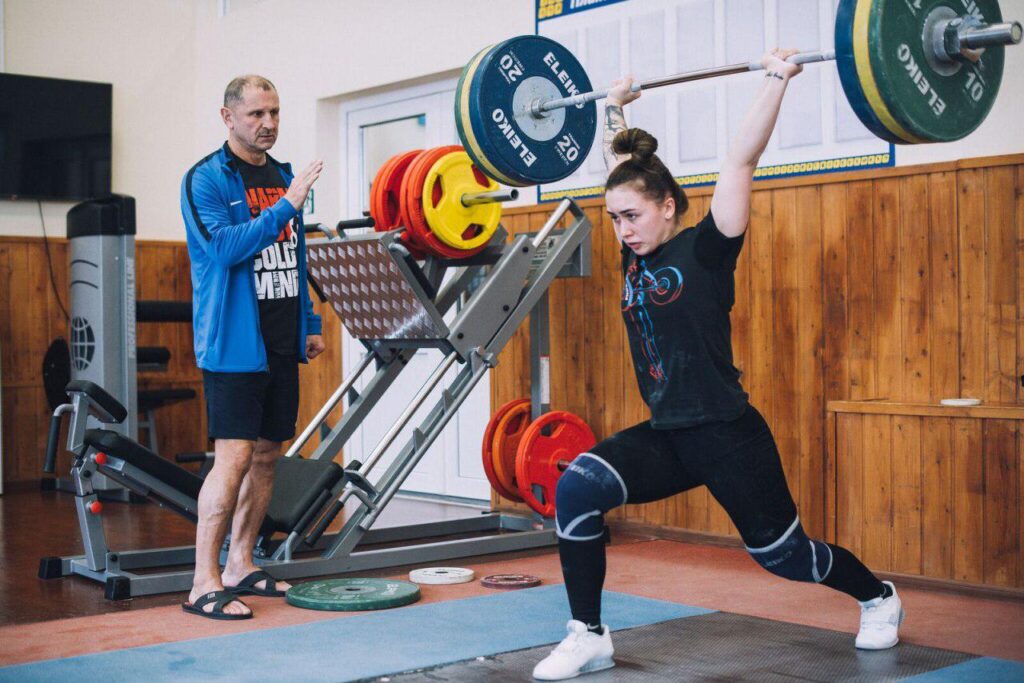
– I started working with women a bit later doing more or less the same things and what I noticed was that they are more enduring and can handle more during the training, but the usual problem is that they need to go trough weights stuff and at competitions they can usually lift the weight they’ve overcome during the trainings, not more than that. And for men the situation is different. Well, for women the result can also vary, like plus 5-10 kg, but in case of my first athlete, Viktors Scerbatihs, it could easily be 20kg just for you to have an idea. He lifted 180kg at the trainings, but he could lift more than 200 kg at the competitions in snatch. And for women everything was a bit different, just the same as with jumping: a woman needs to jump at certain height first to feel confident to repeat it at the competition, the same happens with weights. And it goes without saying that there is a whole way to that specific weight that demands certain preparation.
– How to detect if a young athlete is talented?
– Coordination, flexibility, dynamics, balance are taken into account and, of course, the athlete’s work. There are plenty of talented athletes, but many of them leave due to different difficulties they have to face. Much depends on the trainer that must lead an athlete correctly from one competition to another. Progress is not always present, sometimes athletes may need some time and after that they continue demonstrating certain progress. Here comes the trainer’s role – to support an athlete and make him realize that his sources haven’t finished yet and he must proceed in order to achieve better results further on. A lot of things depend on the athlete’s nervous system – if he is ready, if he is professional, if he loves what he does, if there is willingness. There are talented athletes that simply dislike weightlifting and not much can be done in such cases as their talent remains undisclosed.
– How often should athletes compete? Is it necessary to give one’s best at competitions?
– Competitions should be frequent, especially when the athlete is young. From my perspective, a competition is like any other training, it’s just a competitive training. Of course, the results are important, but the most important thing is the stability. The nervous system is also involved when it comes to competing. In order to develop stability in trainings, an athlete should execute all three attempts in snatch and clean and jerk. This is very important in international competitions. This goes to both young and senior athletes. But giving one’s best at each and every competition is not obligatory. There are competitions that serve to check one’s shape. Others demand a lot of work – European and World Championships, for example.
– Why do you travel to different countries with your team so much?
– First of all, it is a huge motivation to work with other great teams. Besides, I pay much attention to the conditions. Home is home, of course, and we do have good conditions, but many athletes have families which may bother an athlete a bit during preparatory and competitive periods.That is why, in my opinion, meeting somewhere else with great teams always provides an athlete with certain progress. Staying home also works but it is not the most stable and the best option.
– When you meet with other teams, do you notice anything that you use further on in your training activity?
– Yes, we try to. Sometimes we notice something we were doing before but stopped doing for some reason, so meetings kind of refresh our memory. Having partners and learning from them makes us come to better results. Traveling itself and good conditions help a lot, especially if it’s somewhere at the seaside which may be of big help for athletes during the preparatory period. Water and salt help to recover after huge loads.
🔻12-Week Olympic Weightlifting Program by Oleksiy Torokhtiy
Transform your strength and technique with our 12-week Olympic Lifting Program, made up of 5 sessions per week.
It is designed by Olympic Champion for athletes who are looking to set new personal records safely in Snatch or Clean & Jerk.
Program details:
- 12 weeks + 2 bonus weeks
- 45-120 minutes per session
- 50+ specific exercises/98 video instructions
- Primary focus on Olympics Lifts
- Full access to all training content
- Weekly video coach instructions
Start now and boost your weightlifting results!
– Why Weightlifting is not so popular in Latvia?
– Population in Latvia is small, there are around 2 million citizens and lots of sports available. Therefore, I wouldn’t say that the quantity of weightlifters in Latvia is small, on the contrary – too many people choose Weightlifting. There are around 100 adults competing in Latvia. And it’s really not bad, especially considering the good quality of trainings. Many times we competed at the Olympic Games which is already very positive for a country with such a small population.
– What can you advise to young trainers: what skills and knowledge are important? What should be taken into account during trainings and competitions?
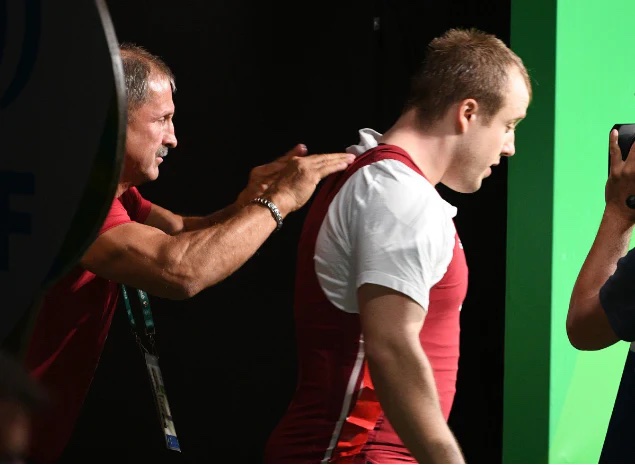
– Trainings require paying attention to the athlete’s rhythm and noticing when it’s time to slow down a bit or speed up. The competitive period requires stability – athletes should not be given too high or too low loads, it’s essential to find the exact measure they are ready for. Each athlete is individual with a different nervous system, that’s why individual approach is essential. Thank you for the interview, trainer!
You are welcome!
You might be interested in:
🔻Find Your Best Training: Take Our Quiz!
Are you ready to learn and grow? Take our simple quiz to discover the right training program for you. Let us help you succeed — click below to start the quiz!
Why Trust Us?
With over 20 years in Olympic Weightlifting, our team does its best to provide the audience with ultimate support and meet the needs and requirements of advanced athletes and professional lifters, as well as people who strive to open new opportunities and develop their physical capabilities with us.
By trusting the recommendations of our certified experts in coaching, nutrition, dietology, and sports training programming, as well as scientific consultants, and physiotherapists, we provide you with thorough, well-considered, and scientifically proven content. All the information given in the articles concerning workout programming, separate exercises, and athletic performance, in general, is based on verified data. We ensure that you can rely on our professionals’ pieces of advice and recommendations that can be treated as personalized ones which will benefit you and fully meet your needs.
The product testing process is described in more detail here
Author: Sergii Putsov
Head of Sport Science, PhD
Best Results: Snatch – 165 kg,
C&J – 200 kg
Sergii Putsov, Ph.D., is a former professional weightlifter and National team member, achieving multiple medals in the 94 kg weight category at national competitions. With a Master’s degree in “Olympic & Professional Sport Training” and a Sport Science Ph.D. from the International Olympic Academy, Greece, Sergii now leads as the Head of Sport Science. He specializes in designing training programs, writing insightful blog articles, providing live commentary at international weightlifting events, and conducting educational seminars worldwide alongside Olympic weightlifting expert Oleksiy Torokhtiy.

